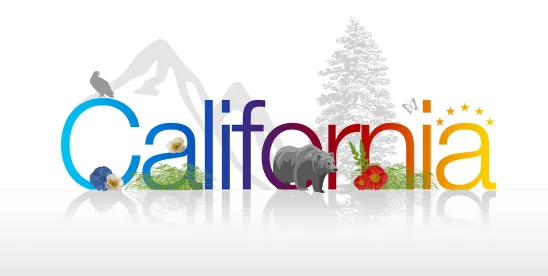On March 14, 2025, the California Court of Appeal for the First District issued the first published opinion interpreting Assembly Bill 52 (AB 52), the law governing tribal consultation procedures under the California Environmental Quality Act (CEQA). In Koi Nation of Northern California v. City of Clearlake (Cal. Ct. App., Mar. 14, 2025, No. A169438) (Koi Nation), the court held that a city’s failure to engage in “meaningful” consultation with a California Native American tribe violated AB 52, resulting in the invalidation of project approvals for a hotel and roadway development. The ruling significantly elevates the expectations placed on lead agencies and developers with respect to documenting and conducting tribal consultation under CEQA.
Overview of AB 52 Tribal Consultation Requirements
AB 52, enacted in 2014 and codified in Public Resources Code section 21080.3.1 et seq., establishes a formal process for consultation between CEQA lead agencies and California Native American tribes traditionally and culturally affiliated with the geographic area of a proposed project.
Consultation is only required if a tribe has submitted a written request to the lead agency for notice of projects within its traditional territory. Once a lead agency deems a project application complete, it must notify the tribe within 14 days. The tribe then has 30 days from receipt of the notice to request consultation in writing. If the tribe timely requests consultation, the lead agency must begin the process within 30 days. Importantly, consultation must begin prior to the release of a CEQA environmental document and must be conducted in good faith, with the goal of reaching a mutual agreement on mitigation measures to avoid or reduce impacts to tribal cultural resources.
The Dispute in Koi Nation
The case arose after the City of Clearlake (City) approved a Mitigated Negative Declaration (MND) for a proposed four-story hotel and associated road extension within the traditional territory of the Koi Nation. The Koi Nation had previously requested formal consultation pursuant to AB 52, and a designated representative attended an initial meeting with the City, which the City subsequently failed to document in the record.
Following the meeting, the tribal representative submitted a letter to the City requesting three mitigation measures to safeguard potential tribal cultural resources. However, the City did not respond to this letter or otherwise continue consultation. Instead, it adopted the MND, incorporating only one of the three proposed measures, and provided no documentation explaining its decision to end the consultation.
Court’s Findings: Consultation Must Be Meaningful and Documented
The Court rejected the City’s argument that its general coordination efforts and consideration of archaeological surveys (the latter of which were not shared with the representative, nor the Koi Nation generally) satisfied AB 52. The court emphasized that consultation must be “meaningful” and directed toward seeking agreement and found that the administrative record lacked sufficient evidence to support the City’s decision to terminate the consultation process. The City’s failure to respond to tribal input, to share the results of its archaeological survey, or to document its rationale for limiting mitigation measures proved fatal to its CEQA compliance.
Importantly, the Court distinguished between informal discussions held outside the AB 52 framework and the formal consultation process required by statute. While the Court acknowledged that the tribal representative’s correspondence could have more clearly referenced the Koi Nation, it concluded that the City’s reliance on that technical omission did not excuse its broader failure to engage in the statutorily mandated process. The opinion affirms that meaningful consultation is not merely procedural, but substantive — requiring reciprocal communication, thorough documentation, and a demonstrable effort to address tribal concerns.
Consequences for CEQA Noncompliance
As a result of the decision, the court vacated the City’s MND and all associated project approvals. The Court further ordered that consultation must recommence in accordance with AB 52 and awarded litigation costs to the Koi Nation. Notably, although the tribe had not submitted comments on the draft MND during the public review period, its earlier request for consultation and subsequent efforts to reengage with the City Council proved sufficient to preserve its claims.
Key Takeaways for Agencies and Developers
This decision signals that lead agencies and project proponents must treat tribal consultation not as a box-checking exercise, but as a substantive and confidential intergovernmental dialogue. Agencies must be prepared to demonstrate in the administrative record that they actively sought agreement with tribal representatives, responded in good faith to proposed mitigation measures, and documented the rationale for any decisions to limit or reject tribal input. Although AB 52 mandates confidentiality regarding tribal cultural resources, the lead agency must still summarize the consultation process in environmental review documents and maintain a sealed appendix for judicial review, as occurred in Koi Nation.
For developers, the case reinforces the importance of early and continuous engagement with both lead agencies and tribes. Incomplete consultation records or failure to substantively address tribal concerns may result in significant project delays or invalidated approvals. To ensure compliance and reduce litigation risk, developers should work closely with CEQA counsel to structure consultation efforts that meet both the procedural and substantive requirements of AB 52.




 />i
/>i

